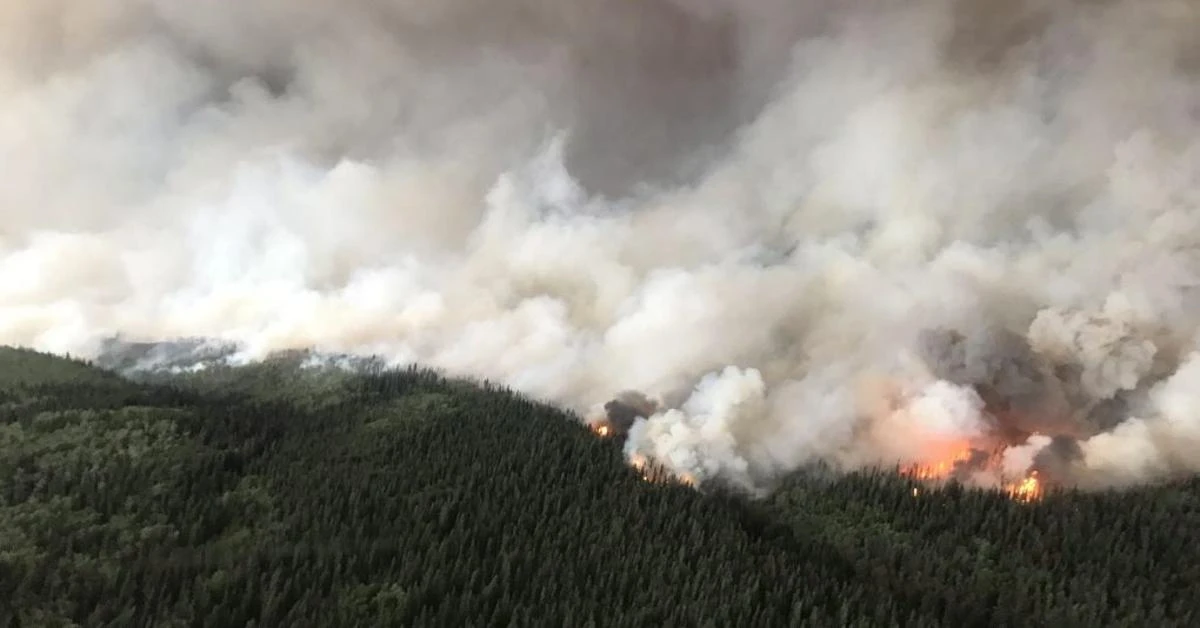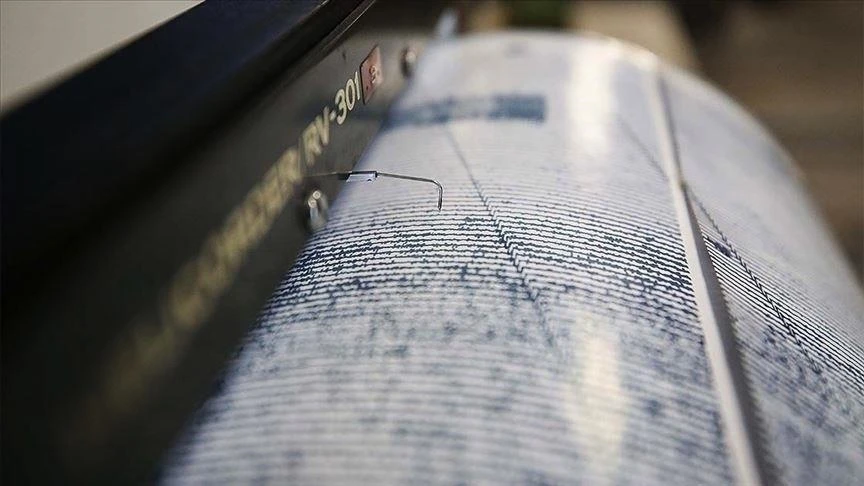Zombie fires in Canada rise as winter wildfires emerge from underground

Canada grapples with an unusual surge in underground ‘zombie fires,’ fueled by drought and a record-breaking wildfire season
Canada is facing an alarming surge in ‘zombie fires,’ a phenomenon where fires smolder underground during winter, raising significant concerns for the upcoming wildfire season. These fires, fueled by organic peat moss and insulated by snow, persist beneath the surface in British Columbia (BC).
In January 2024, BC recorded an unprecedented 106 active zombie fires, a drastic increase from the usual 5 or 6 during winter months. As of February, 91 of these fires remain active. This situation is exacerbated by extreme drought conditions, contributing to the fires’ longevity.
Jennifer Baltzer, a professor at Wilfrid Laurier University, expressed concern, especially following Canada’s record-shattering wildfire season last year. “This continued smoldering through the winter, I think, is very alarming to see,” she said to BBC, referencing the over 18 million hectares burned in 2023, which also affected the United States with smoke.
Fire management expert Mike Flannigan attributes the rise in zombie fires to last year’s severe wildfires and ongoing drought.
“Most of them are fires that could not be put out fully by last autumn simply because of a lack of resources,” he noted, highlighting the medium to extreme drought levels in most BC.
Alberta is also experiencing an increase in zombie fires, with 57 reported in early February, nearly ten times the five-year average.
Lori Daniels, a forestry expert at the University of British Columbia, explained the mechanics behind these fires while speaking to NPR in late January.
“Below ground, the fire can sit smoldering, generating heat, continuing to combust but not popping up into the surface until it is warm and dry enough in the spring,” she said. Daniels warned of a potentially active spring because of El Nino, which predicts warmer, drier conditions for western Canada.
Daniels, who will lead the University of British Columbia’s new Centre for Wildfire Coexistence, emphasized the importance of proactive forest and fire management.
“Our goal is to provide examples and on-the-ground solutions that will be the kinds of transformative changes,” she stated, underscoring the need for a societal shift in approach to wildfire management.
The increasing frequency of zombie fires, once a rare occurrence, now presents new challenges for fire management and public safety in Canada, signaling the changing dynamics of wildfires in a warming climate.
Source: Newsroom



